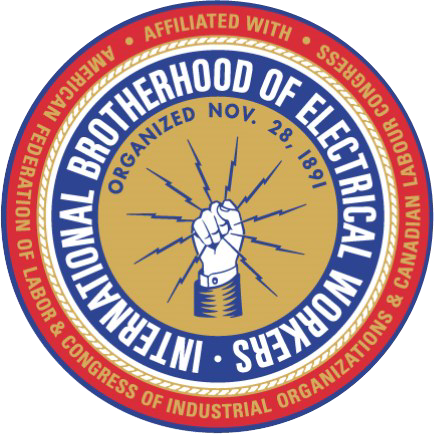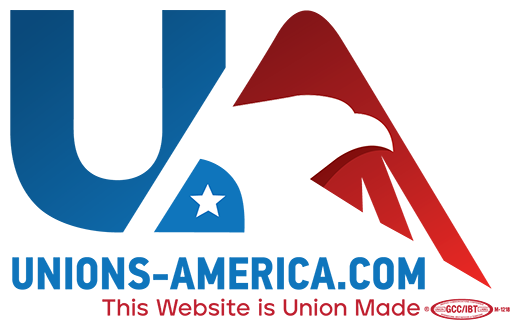|
What is the National Labor Relations Act? Congress approved the National Labor Relations Act in 1935 to encourage a healthy relationship between private-sector workers and their employers, which policy makers viewed as vital to the national interest. The NLRA was designed to curtail work stoppages, strikes and general labor strife, which were viewed as harmful to the U.S. economy and to the nation’s general well-being. The NLRA extends many rights to workers who wish to form, join or support unions, also known as labor organizations; to workers who are already represented by unions; and to workers who join together as a group (two or more employees) without a union seeking to modify their wages or working conditions, which is known as protected concerted activities. The NLRA also extends rights to employers, protecting commercial interests against unfair actions committed by labor organizations, and extends rights to labor organizations, protecting organizational and collective-bargaining representative interests against unfair actions committed by employers. The Act outlines basic rights of employees as follows:
http://www.nlrb.gov/nlrb/shared_files/brochures/basicguide.pdf http://www.nlrb.gov/index.aspx The National Labor Relations Board is an independent federal agency created by Congress in 1935 to administer the National Labor Relations Act, the primary law governing relations between unions and employers in the private sector. The statute guarantees the right of employees to organize and to bargain collectively with their employers, and to engage in other protected concerted activity with or without a union, or to refrain from all such activity. Weingarten Rights In 1975 the United States Supreme Court, in the case of NLRB v. J. Weingarten, Inc., 420 U.S. 251 (1975), upheld a NLRB decision that employees have a right to union representation at investigatory interviews. These rights have become known as the Weingarten Rights. During an investigatory interview, the Supreme Court ruled that the following rules apply: RULE 1: The employee must make a clear request for union representation before or during the interview. The employee cannot be punished for making this request. RULE 2: After the employee makes the request, the employer must choose from among three options. The Employer must either: grant the request and delay questioning until the union representative arrives and has a chance to consult privately with the employee; deny the request and end the interview immediately; or give the employee a choice of having the interview without representation or ending the interview. RULE 3: If the employer denies the request for union representation, and continues to ask questions, it commits an unfair labor practice and the employee has a right to refuse to answer. The employer may not discipline the employee for such a refusal. CalOSHA Enforcement Office Modesto CalOSHA - Employee Rights
Employees have certain rights in workplace safety & health
As an employee, you (or someone acting for you) have the right to file a complaint and request an inspection of your workplace if conditions there are unsafe or unhealthful. This is done by contacting the local district office of the Division of Occupational Safety and Health. Your name is not revealed by Cal/OSHA, unless you request otherwise. You also have the right to bring unsafe or unhealthful conditions to the attention of the Cal/OSHA investigator making an inspection of your workplace. Upon request, Cal/OSHA will withhold the names of employees who submit or make statements during an inspection or investigation. Any employee has the right to refuse to perform work that would violate a Cal/OSHA or any occupational safety or health standard or order where such violation would create a real and apparent hazard to the employee or other employees. You may not be fired or punished in any way for filing a complaint about unsafe or unhealthful working conditions, or using any other right given to you by Cal/OSHA law. If you feel that you have been fired or punished for exercising your rights, you may file a complaint about this type of discrimination by contacting the nearest office of the Department of Industrial Relations, Division of Labor Standards Enforcement (State Labor Commissioner) or the San Francisco office of the U.S. Department of Labor, Occupational Safety and Health Administration. (Employees of state or local government agencies may only file these complaints with the State Labor Commissioner.) Special rules apply in work around hazardous substances
Employers who use any substance listed as a hazardous substance in Section 339 of Title 8 of the California Code of Regulations, or subject to the Federal Hazard Communications Standard (29 CFR 1910.1200), must provide employees with information on the contents on Material Safety Data Sheets (MSDS), or equivalent information about the substance that trains employees to use the substance safely.
Page Last Updated: Apr 22, 2025 (08:39:46)
|
|
|
|
| Member Resources |

